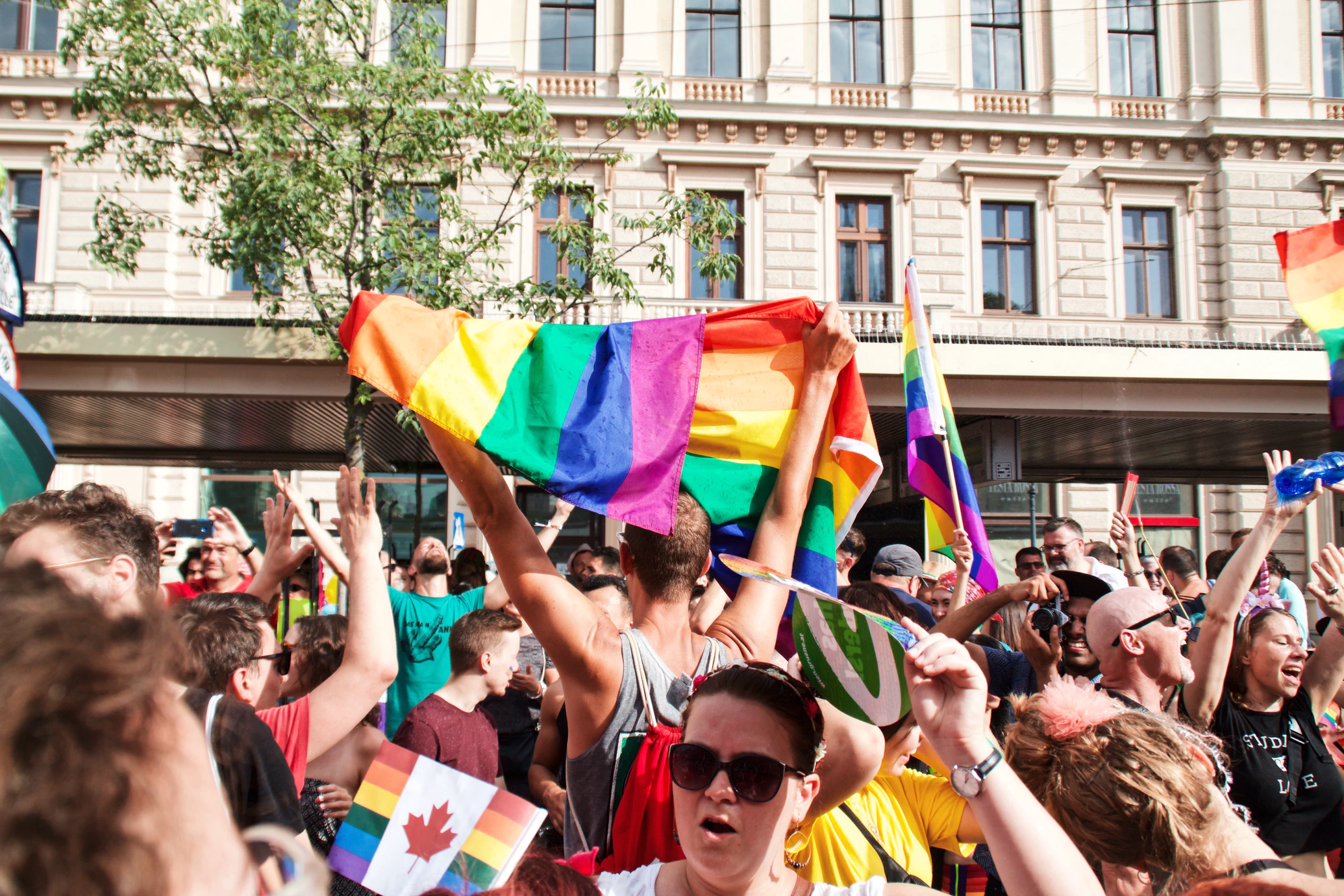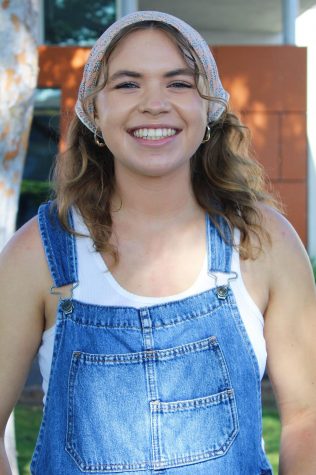Florida lawmakers passed the Parental Rights in Education bill, which set a precedent for prohibiting discussions about sexual orientation and gender identity in public schools. In response, Winter Park High School student Will Larkins led a peaceful demonstration to show that the Florida legislation does not represent the queer community.
When asked about the demonstration, Larkins stated to NPR, “I’ve had to fight for my right to exist since I was in kindergarten, you know? I was already, like, outwardly feminine. And I had to fight for my right to exist in my school, and it hasn’t stopped. And I know that most likely, it won’t stop. I’ll never stop fighting, and it’s exhausting.”
Students in kindergarten should not need to fight for equal space in a classroom environment based on gender identity and sexual orientation. No matter what age, students who are part of the queer community will need support, regardless of whether teachers talk about it. Creating a law that bans conversations about sexuality and gender, sends a message to students that their identity is not accepted—and worse that it should not even be discussed. In all education systems, extending to Biola, it is important to communicate to all students that they are valued and that they belong, especially those who have experienced a narrative of shame regarding sexual orientation and gender identity.
A VAGUE BILL
Although supporters of the bill state that it allows greater parental involvement in making decisions in their childrens’ education, the bill extends far beyond this argument. In lines 97-101 of the bill, it is written that “Classroom instruction by school personnel or third parties on sexual orientation or gender identity may not occur in kindergarten through grade 3 or in a manner that is not age appropriate or developmentally appropriate for students in accordance with state standards.”
The language from these lines in the bill are extremely ambiguous, since it does not state specifically to what degree conversation would be prohibited in classrooms. This law could prohibit students from learning about historical figures from the queer community. Additionally, the law might alienate a student who has family members identifying with the LGBTQ community. Furthermore, it discriminates against those children who identify with the queer community, but are not given space to discuss their own identity.
NEED FOR MORE EDUCATION
In public schools, especially from kindergarten to third grade, sexuality and gender identity are hardly discussed in curriculum. According to the Tampa Bay Times, “it is unclear exactly how things will change in the classroom because sexual orientation and gender identity is not something that is being taught in grades K-3 at the moment.”
This bill is framed around the precedent that students are becoming gay because of inclusive curriculum and conversations from the education system about gender identity and sexuality.
However, if students identify with the queer community, whether or not curriculum discusses sexual orinetation or gender identity, this will not change. Furthermore, creating a bill that communicates that students should pretend to be someone they are not, communicates to students that they should be ashamed of themselves.
Allowing students to understand more about their own experiences enhances their education, rather than limiting it. In an opinion article for The New York Times, Larkins shared how learning about sexuality and gender identity impacted how he saw himself, especially after receiving a narrative of shame from others.
“As I learned about the history and culture of my community, I grew to understand and love myself. Education made me hate myself less,” he stated.
GIVE STUDENTS RESOURCES
Sexuality will continue to be discussed by students and the adults who proposed this bill. If students are not given the language to enter into conversations with the people around them, they will resort to the language they already have, which is sometimes insufficient. All too often, harmful language toward people in the queer community has caused a lifetime of harm and shame that could be avoided.
According to The Guardian, “pediatric psychologists say the law stigmatizes being gay or transgender and could harm the mental health of LGBTQ+ youth, who are already more likely to face bullying and attempt suicide than children who are cisgender and straight.”
Rather than adding to the narrative of shame that students hear, whether that be in education systems or elsewhere, it is important to communicate to all people that they are loved. Especially at Biola, it is important to be cognizant of the words in this bill and the conversations that occur on campus. Words hold power, and further discrimination of the queer community only adds to a narrative of shame that has already caused significant damage. At Biola, people must be aware of the fact that words can empower others, and even words that have good intentions can perpetuate shame.
Additional opinions on the Parental Rights in Education bill can be found here.












